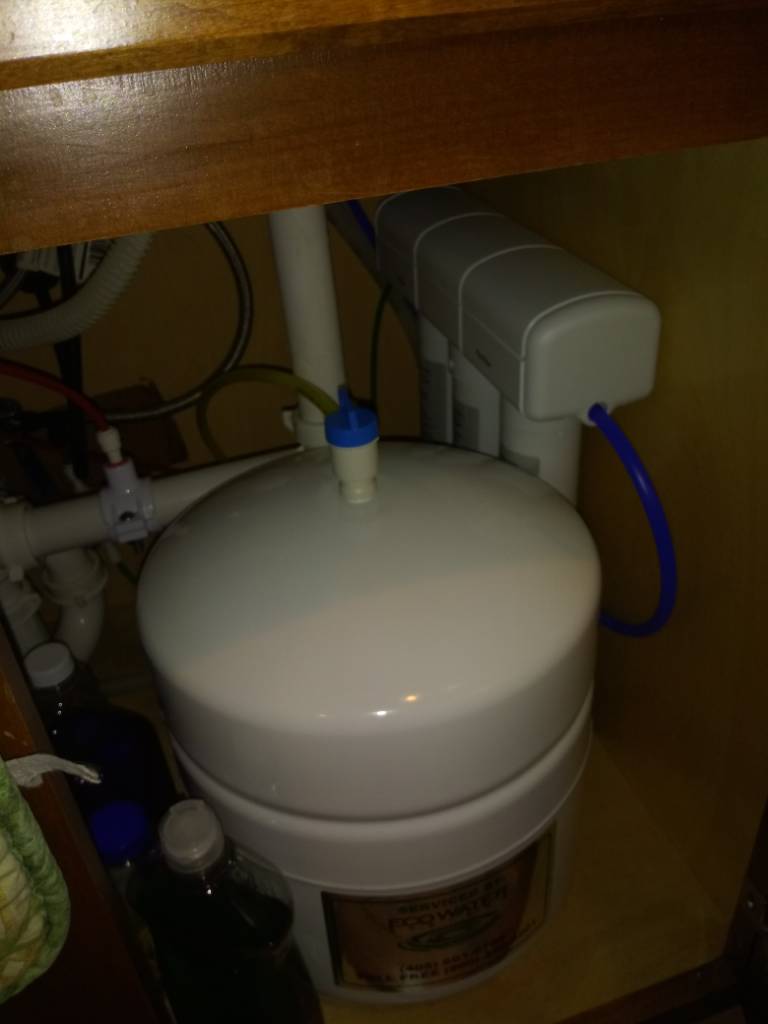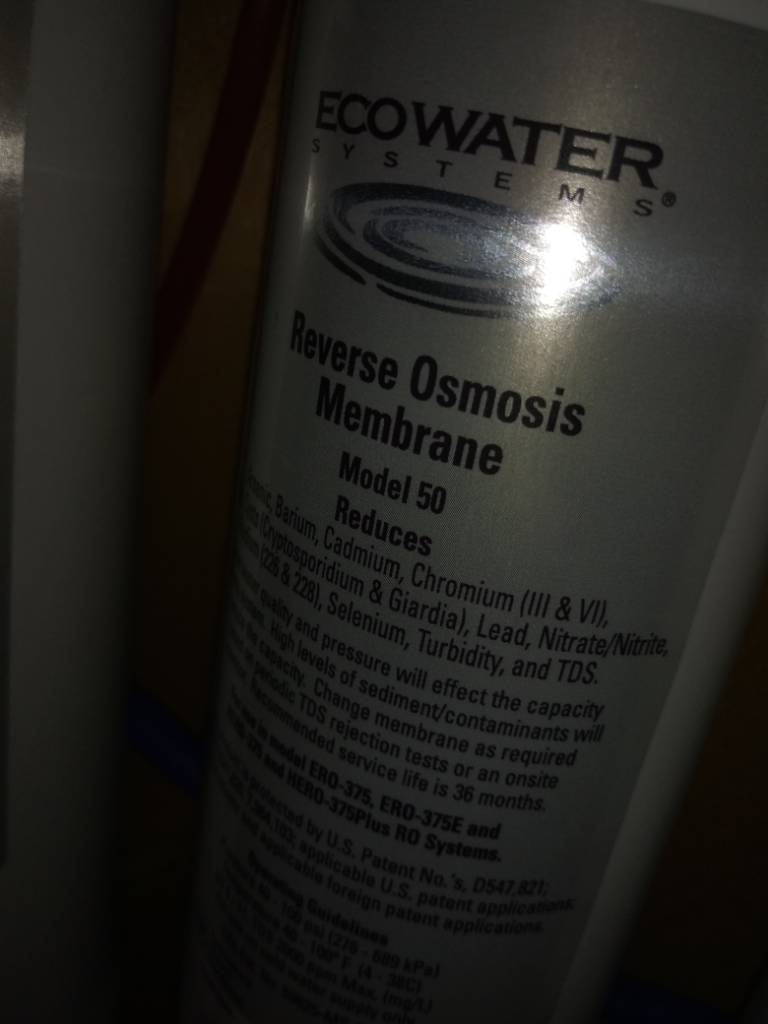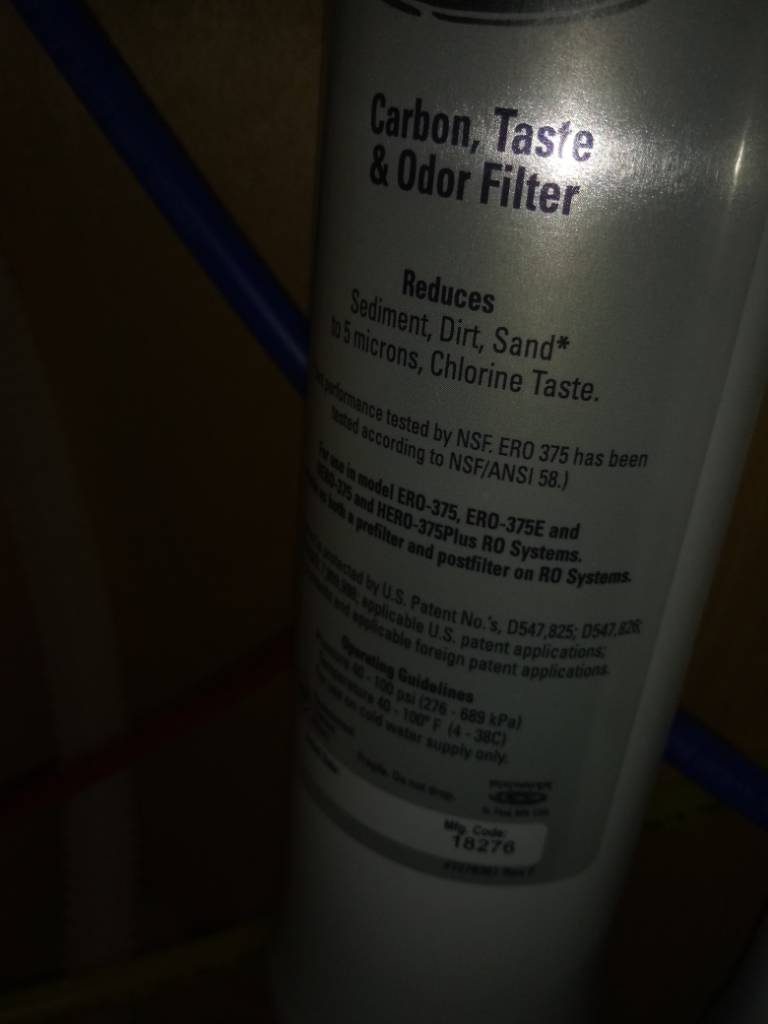I bet measuring 3 gallons cups-wise was a chore and a half!
FWIW, milk and water jugs are a gallon (or half gallon). There are many containers that are around a gallon, half gallon, or quart you already have, look around. Cooking pots are handy for measuring larger volumes. Measure once, use often. I use a gallon plastic mayonnaise jar to measure brewing water. Close enough.
You really should read around a bit more on extract brewing. There is tons of wisdom, here and elsewhere, eagerly awaiting to be picked up. John Palmer's
How to Brew (free online 1st edition) or his 4th edition in book form are a wonderful resource for homebrewing.
When you do partial boils, say boiling only
half the volume, 2.5 gallon instead of the batches size of 5 gallon, the best is to boil only
half the extract for the hour (or half hour), depending on the recipe and hops use. Then at flameout dissolve the other half of extract. Make sure all the wort been at least above 170F for 5-10 minutes so it's pasteurized. Then chill and pour into your fermenter filled with cold top up water. Add more water to the 5 or 5.5 gallon line. Done!











































![Craft A Brew - Safale BE-256 Yeast - Fermentis - Belgian Ale Dry Yeast - For Belgian & Strong Ales - Ingredients for Home Brewing - Beer Making Supplies - [3 Pack]](https://m.media-amazon.com/images/I/51bcKEwQmWL._SL500_.jpg)


















